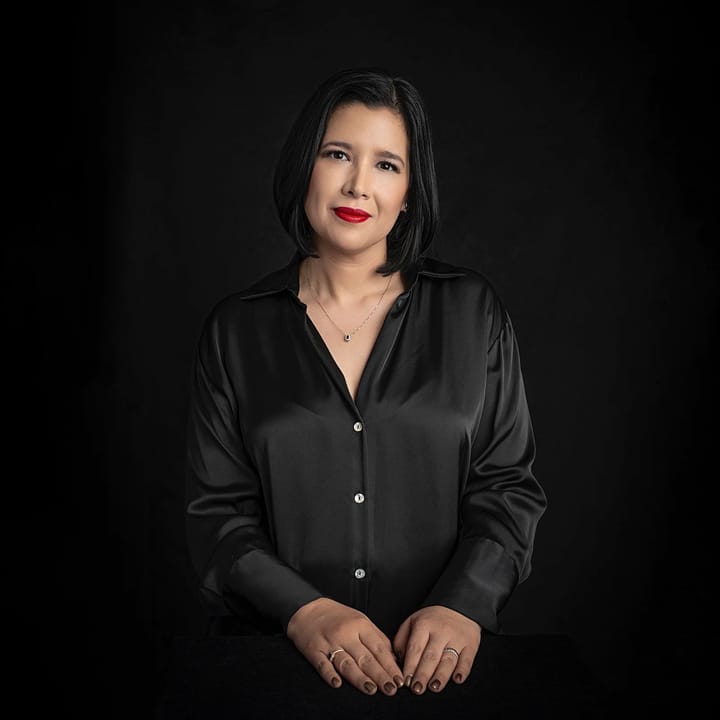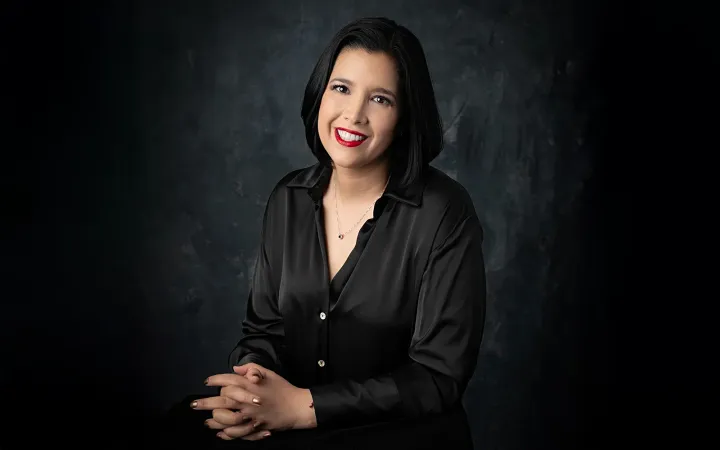Por Sophia Huett
¿Cuál es la Policía que queremos para el México del presente y del futuro? Hagamos un poco de memoria en el pasado reciente.
Una de las promesas del último ex presidente del PRI durante su campaña fue crear la Gendarmería (¿nacional?) cuando asumiera el poder. Llegó y se dio cuenta que la Policía “Nacional” de la que seguramente le habían hablado mal y no entendía hasta ese momento, era bastante útil. Fue esa institución a la que incluso mandaron a negociar con los sectores más complicados, incluyendo temas de migrantes y derechos humanos.
Y entonces, en lugar de cambiar a la Policía por una gran Gendarmería, se cumplió la promesa creando una división dentro de la estructura de la Policía Federal, a la que se le asignaron funciones especializadas.
Luego vinieron las campañas del 2018 y se habló de nuevo de que la Policía “Nacional” no era suficiente. Y se dio con razón.
Sin embargo, el viraje fue relativamente inesperado: aunque se pensó que se incorporaría a más personal y se ampliarían capacidades, lo que se consumó al final fue pasar de Policía a Guardia.
¿Y qué cambió además del nombre? El perfil, composición, áreas de especialidad y resultados. Amén de la operación.
Disminuyó en 2% las integrantes mujeres, además de que el porcentaje de mandos mujeres en la institución pasó del 30% al 5%. La titularidad, así como las 32 coordinaciones estatales también fueron ocupadas por hombres.
Nota necesaria: en la seguridad no caben las cuotas de género, pero sí condiciones de crecimiento profesional paritarias.
También cambió la escolaridad de sus integrantes: mientras que el promedio de personal con licenciatura hasta antes del 2018 era del 39%, en 2023 fue del 12%.
En la operación también hubo cambios importantes. En 2019 se criticó que había “mucho personal administrativo” en las oficinas, lo que no se dijo fue que era personal especializado en áreas de inteligencia, investigación científica, ciberseguridad y otras áreas. Y se privilegió entonces el despliegue territorial sobre labores especializadas como la propia inteligencia.
Y esa es de nuevo la pregunta: ¿qué tipo de institución civil de seguridad queremos para México?
Yo pondría el primer punto sobre la mesa: una Policía a la que la política se atreva a conocer y entender, para poder hacer cambios de verdadera mejora.

Las opiniones expresadas son responsabilidad de sus autoras y son absolutamente independientes a la postura y línea editorial de Opinión 51.






Comments ()